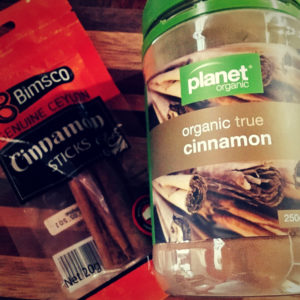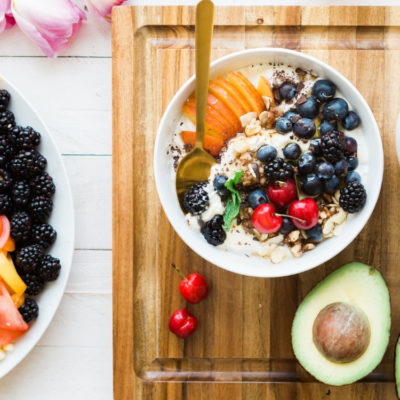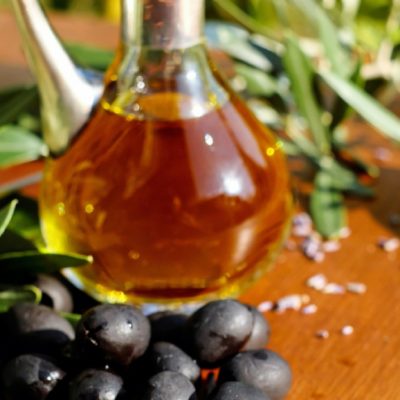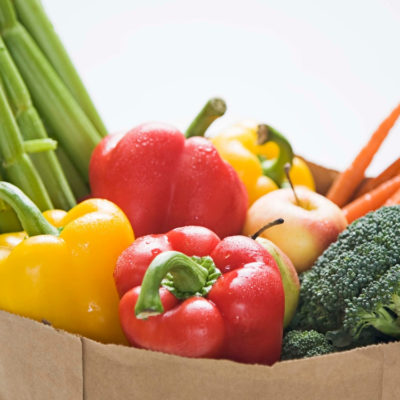Today, I’d like to continue an occasional series focusing on the health benefits of herbs and spices – I have talked about coriander previously, today I’ll shine the spotlight on cinnamon.
Spices, like herbs, contain a range of compounds which are believed to have health benefits. As yet there hasn’t been enough rigorous research which can back up many of the health claims made.
About cinnamon
Cinnamon is the bark of the of a genus of tree, Cinnamomum. There are two varieties of the tree, from China and Sri Lanka. Often Cinnamomum verum or Sri Lankan (Ceylonese cinnamon) is called “true” cinnamon. A number of different species are sold as cinnamon, the Chinese cinnamon generally has a thicker bark. Bioactive compounds are likely to be present in all varieties, although more of the harmful coumarins identified in Chinese cinnamon.
Cinnamon is available in the supermarket rolled as cinnamon quills or sticks, or ground into powder for use in cooking, while the supplementation industry is jumping onboard and providing extracts, capsules and tablets.
Cinnamon’s aroma is like its taste, kind of sweet and woody. Its flavour gives foods a lift and stops them tasting bland. Traditionally it has been used in both sweet and savoury dishes.
History shows cinnamon was used by Hippocrates in 460–377 BCE, in the 3rd century the Chinese recommended it to treat colds and flu and the traditional medicine of India, Ayurveda, which evolved over 5000 years ago, used cinnamon to stimulate circulation.
And what can cinnamon do for us (maybe?)
While there is evidence that extracts of cinnamon may have anti-bacterial properties, the research has generally been done in in-vitro conditions (think petrie dishes in a laboratory) so aren’t applicable to the same action in the human body (maybe someone will put them in a kitchen bench cleaner one day?).
There is also limited and contradictory evidence in-vivo (in the body) in humans suggesting cinnamon may increase cellular glucose uptake, improve glycogen synthesis in the liver and increase insulin sensitivity, so could be a treatment to be considered for type 2 diabetes. Some research also shows it may improve blood fats, so could help lower cholesterol and prevent heart disease. Without more research we can’t definitively say it has an effect as other research has shown it makes no difference.
We need more good quality research before we can say whether cinnamon has an effect on particular chronic conditions.
Having too much of a good thing might be not so good for your health. Research has shown having too much of a cinnamon supplement may have side-effects – in one case it caused hepatitis1 – so don’t overdo supplements or the high coumarin Chinese cinnamon.
How much you eat and how regularly you eat it effect how the significance of these bioactive chemicals on your health so it’s hard to determine the effect of cinnamon on groups of people who aren’t directly involved in research.
Enjoy cinnamon
So add cinnamon to baking, desserts, curries and pilafs. Sprinkle it on your porridge or muesli. Sprinkle it on fruit toast. Add some to your dried fruit and nut ball treats. Enjoy it!
To sum up:
Include cinnamon as part of your healthy everyday eating but don’t expect miracles.
I think I’m going to do some bulk cooking this weekend with cinnamon… See you next week.
1 Am J Case Rep. 2015 Apr 29;16:250-4. doi: 10.12659/AJCR.892804.
register here to receive Dale’s blog update in your inbox each week.
contact dale if you would like help to work toward achieving your health goals.






Comments (0)